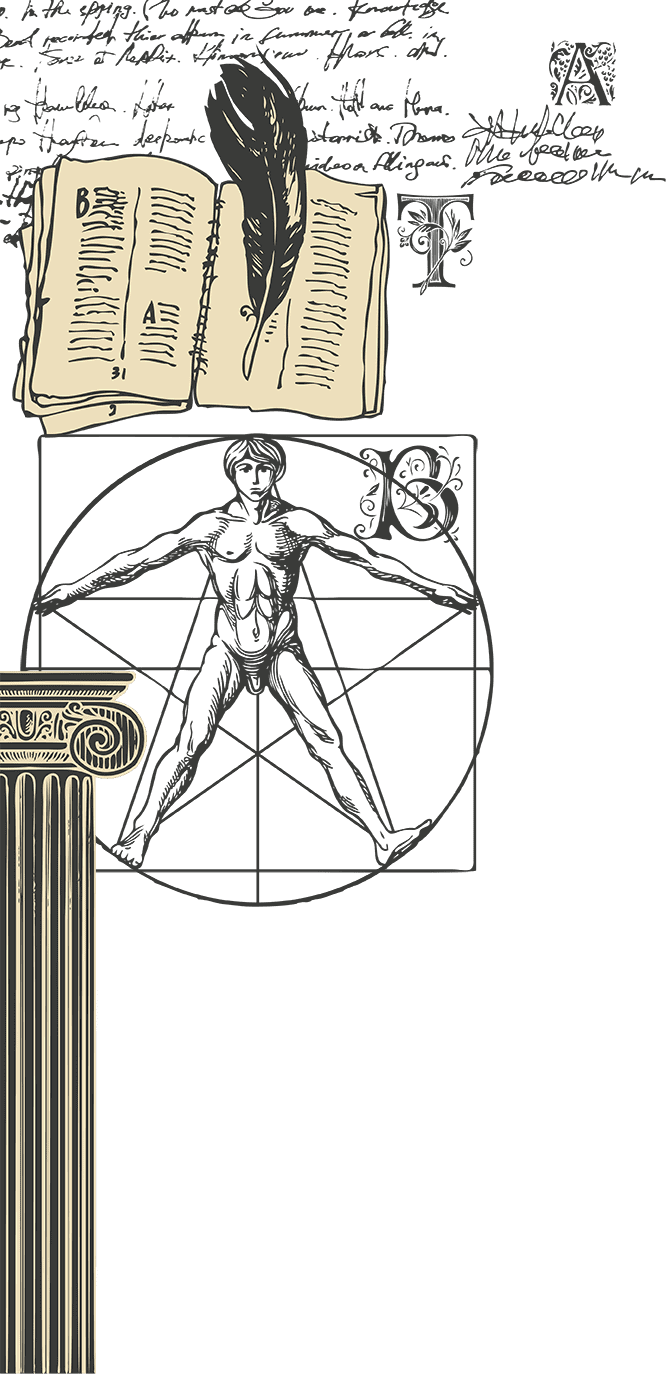
Once a libertine figure feared and admired in equal measure, Marquis de Sade had returned to the world of the living. Reincarnated, his past memories wrapped in layers of obscure forgetfulness, he was no longer the scandalous figure from the annals of 18th-century France. This time, he had come back as a man named Victor living in the bustling metropolis of New York City in 2023.
Victor was a writer. However, unlike his former self, he held a fascination for the profound, the beautiful, the meaningful, and had neither the inclination for dark explorations of the human soul nor hedonistic tendencies. But beneath this apparent veneer of normalcy, there was a lingering hint of something less mundane, a subtle trace of the Marquis.
In his dreams, bizarre images stirred, splashed with historical and erotic undertones, intricate and disturbing. They were filled with lavish French estates, noblemen, and nefarious deeds from a time so distant that it felt unreal. Victor would often awaken from these visions, drenched in sweat, heart racing. Initially, he dismissed them as nightmares or the byproduct of his writer’s imagination. But with time, these dreams became more vivid, more consistent, and increasingly similar to his own life.
One evening, while taking his habitual stroll in Central Park, Victor came across a young woman walking alone. Her silhouette was barely discernible under the scarce streetlights, but the vulnerability was unmistakable. As he approached her, a sudden surge of his past self momentarily clouded his judgment. There was a palpable sense of danger and uncertainty in the air.
But Victor had come too far to yield to the vile inclinations of his past life. He shook his head, as if physically discarding the terrifying memories. He remembered his counseling, his meditation practices, and the spiritual lessons he had learned to curb these destructive impulses.
Instead of menacing the woman, Victor courteously warned her about the perils of walking alone at night in the park. He offered his company to ensure her safety until they reached a more populated area. A moment of apprehension passed over the woman’s face, but Victor’s sincerity and goodwill eventually won her trust.
As they walked under the bridge and by the willow tree, Victor felt his old self stirring. He clutched his crystal-topped walking stick tighter, not in preparation for an assault, but to ground himself in the reality of his present identity.
His true test came when he perceived a fear in the woman’s eyes. She was tied to this situation by her own vulnerability and by her misplaced trust in a stranger. This scenario bore a haunting resemblance to Victor’s dream visions. However, instead of giving in to the violent tendencies of his past life, Victor made a different choice.
“Are you okay?” he asked, concern tracing his features. “I’m sorry if I made you uncomfortable. We can walk separately, or I could call you a cab if you prefer.”
In that moment, Victor had the opportunity to break from his past. He could choose empathy over domination, respect over exploitation. By doing so, he was not just battling the dark side of Marquis de Sade but affirming his own identity as Victor, a man of virtue and control. His past did not define him; his choices in the present did. The echoes of a past life still haunted him, but Victor proved that redemption was indeed within his reach.
But a deeper part in him wanted him to take the blade out of his walking stick, and stab her through her heart.
